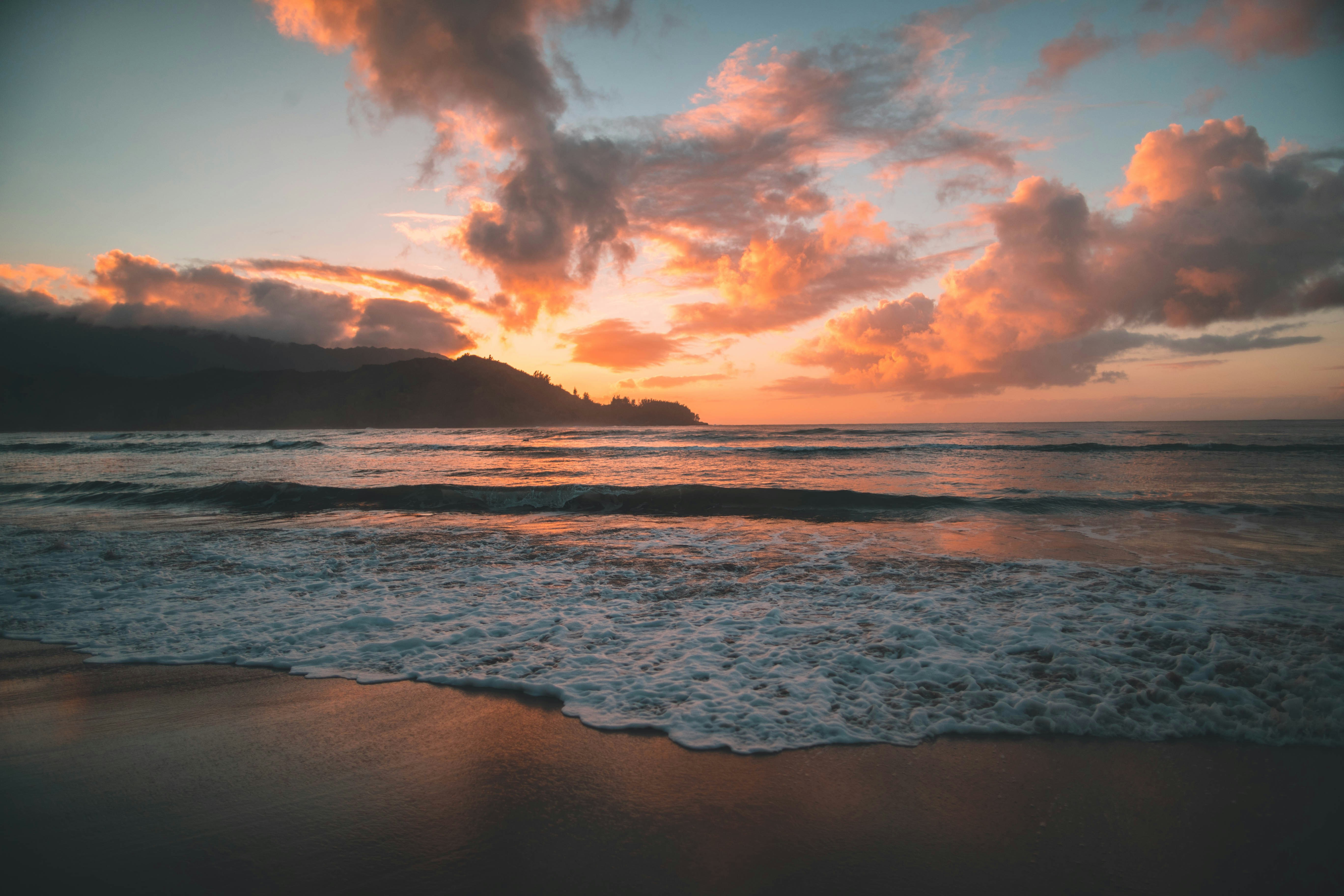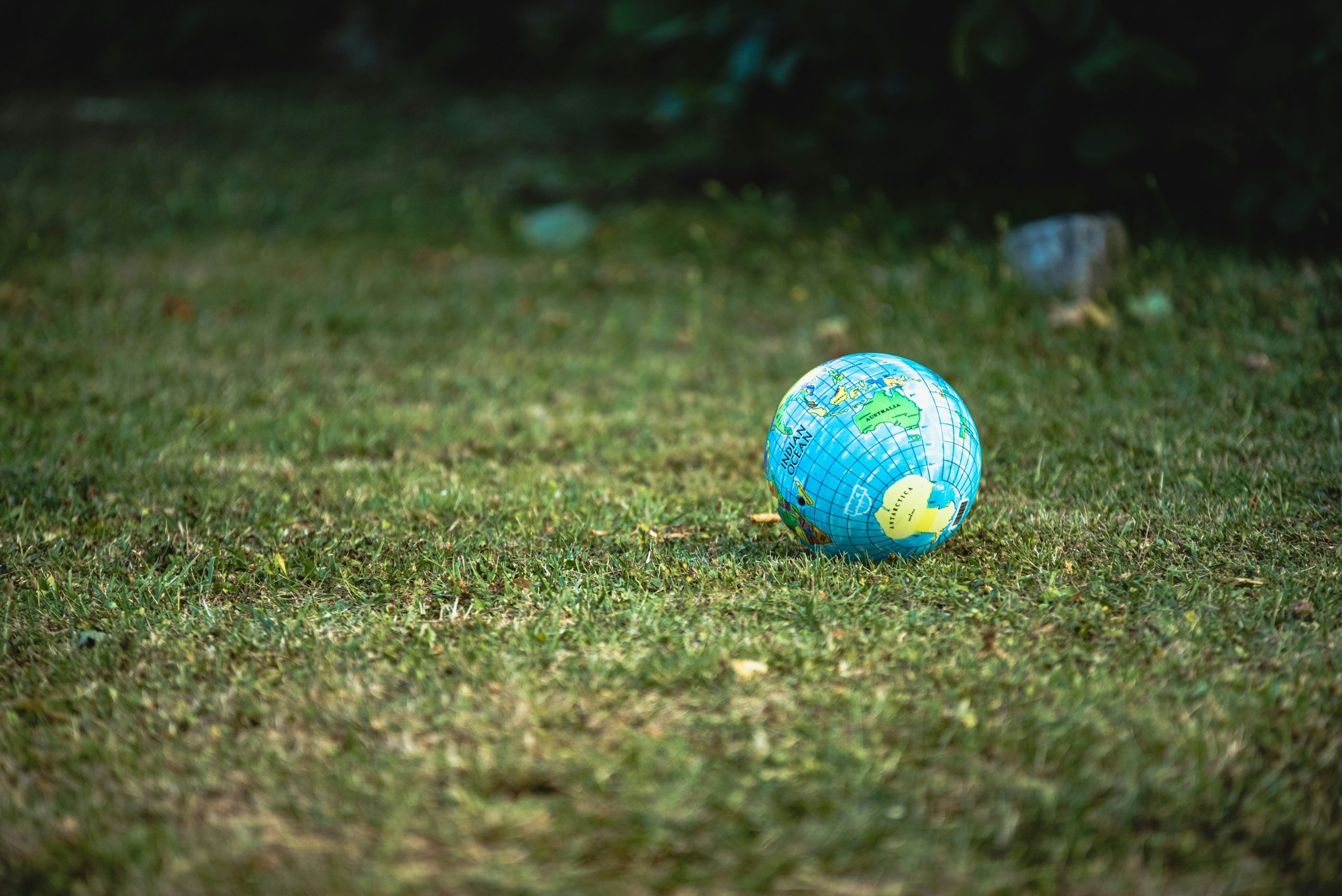
Vanuatu: community and participation
Vanuatu’s rank on the Happy Planet Index in 2019: #2. Explore the data.
Vanuatu is the Happy Planet Index’s sole representative of the Pacific Islands, other nation states that are severely at risk due to the effects of climate change i.e. rising sea levels and climate-related natural disasters.
By: Jamie Tanguay
This tropical archipelago in the South Pacific is rich in natural resources and is home to a multitude of cultural groups—there are over 100 spoken languages among a population of just 300,000 distributed across 83 islands. Despite a GDP per capita that is 15 times smaller than neighbouring Australia, the island nation has been consistently democratic and peaceful since its independence in 1980 and has a vibrant traditional economy supporting the indigenous supermajority.
What’s working well in Vanuatu?
Tight-knit kinship and community networks support members with everything from farming food crops to childcare in Vanuatu. Communities meet regularly to discuss common issues, plan for events, and settle conflicts peacefully. A recent survey by the Vanuatu National Statistics Office cites participation in community meetings as a contributing factor to wellbeing, particularly in rural parts of the country, where 75% of the population resides.
Access and control over indigenous resources, and the traditional knowledge to be productive with those resources, is of critical importance to the wellbeing of the people of Vanuatu. More than 85% of the population have free access to indigenous lands, and more than half of all households in the country possess the knowledge to transform accessible natural resources into housing, medicines, and food.
Vanuatu’s relatively low Ecological Footprint isn’t a surprise. The country began banning single use plastic bags, utensils, straws, containers, and disposable diapers in 2018, and is well placed to reach 100% renewable energy consumption by 2030, with hydropower, wind, solar, and coconut biofuel abundant. In 2019, 65% of households in Vanuatu used renewable solar energy as their main source of lighting.
What could be improved?
Vanuatu is not a country without challenges. Vanuatu has the lowest life expectancy of all countries in the top ten Happy Planet Index rankings. This is unsurprising given the increased import and consumption of heavily processed and nutritionally devoid foods that have led to deadly spikes in non-communicable diseases in the country, such as diabetes and hypertension.
In recent years, Vanuatu’s status as a tax haven, coupled with its lucrative and controversial citizenship by investment programme, has also damaged the country’s reputation and made the financial sector dependent on the sale of passports.
Recent Events
Vanuatu has been consistently listed as the country most at risk and vulnerable to natural disasters, as recently as 2020. Recent serious volcanic activity in 2018 prompted an emergency evacuation of roughly 11,000 people from the island of Ambae, leaving whole communities displaced. A destructive direct hit from category 5 Tropical Cyclone Harold in April 2020 left over 80,000 people displaced.
The resilience of Vanuatu communities and families in the face of such disasters is a testament to their spirit—and helps explain why strong social networks and cultural identity, along with an understanding of the interdependence with the environment are keys to thriving in this Small Island Developing State.
About the author
Jamie Tanguay was the Project Coordinator of the Melanesian Well-being Indicators initiative based at the Vanuatu National Statistics Office from 2010-2020. The national initiative has developed, tested, and introduced into the national policy framework a set of alternative indicators of well-being that reflect Melanesian values associated with natural resource access, traditional knowledge, and community vitality. Jamie previously served as a US Peace Corps Volunteer on the island of Paama in Vanuatu from 2003-2007 and is now a dual citizen of Vanuatu and the United States.
He continues to work as an advisor to the VNSO as the indicators move from a donor funded project to a nationally supported and independent information product of official statistics. Jamie has a MA in International Relations and International Economics from the Johns Hopkins University School of Advanced International Studies (SAIS) where he focused on Human Development and International Development Economics. He previously worked as a consultant for the Government of Bhutan in South Asia where he helped develop Gross National Happiness (GNH) policy tools for the GNH Commission Prospective Planning Division in 2009.
Find out more about the VNSO at www.vnso.gov.vu and read its latest wellbeing analysis report.
How sustainably happy are you?
We've built a personal Happy Planet Index test to help you reflect on how you can create your own "good life that doesn't cost the earth".
Take the test





